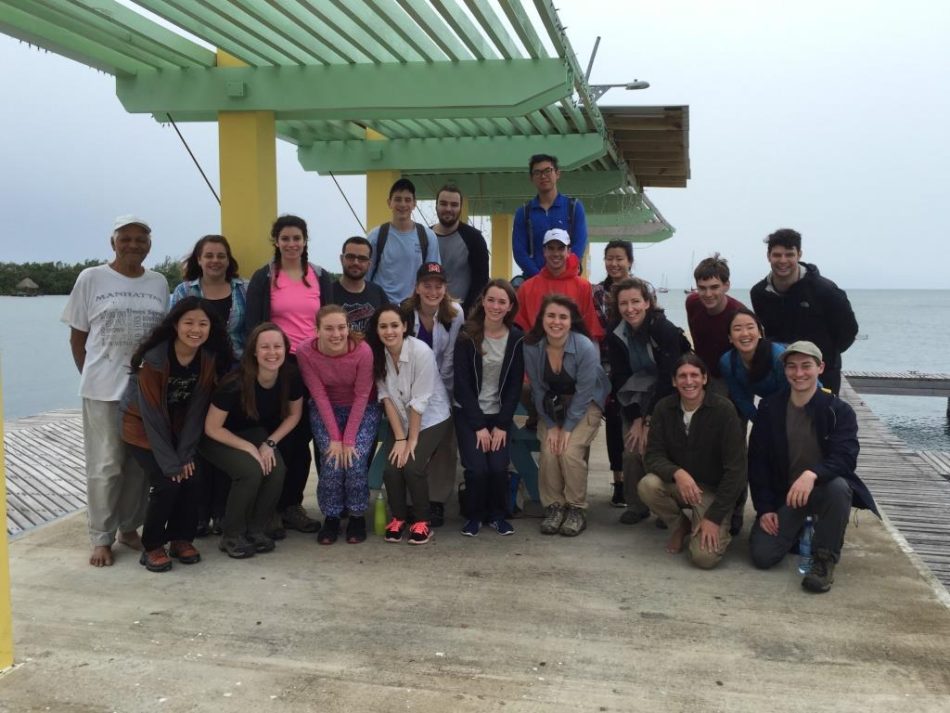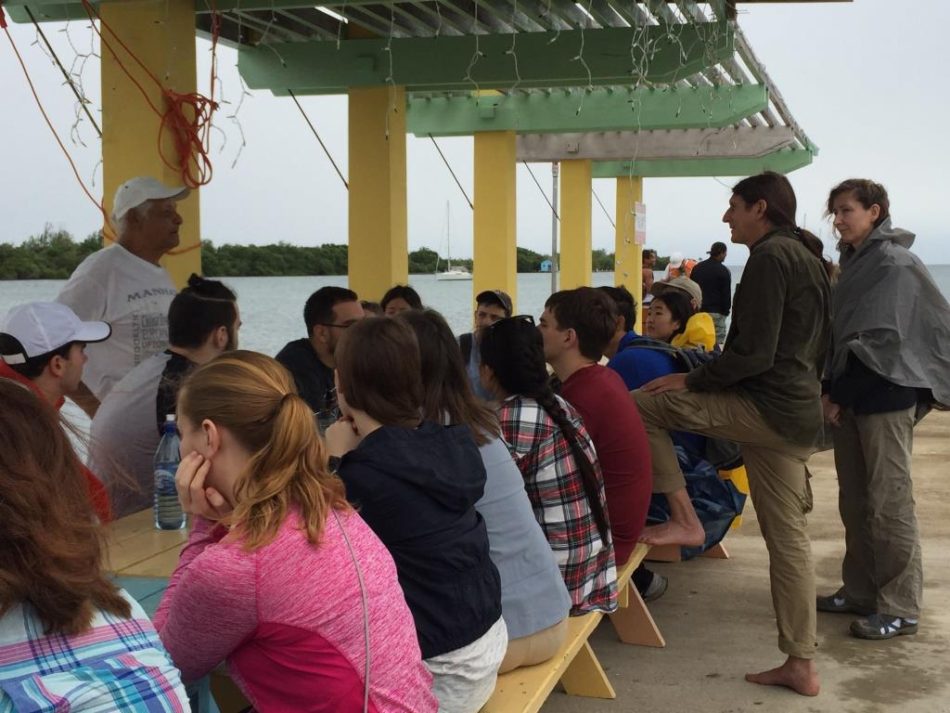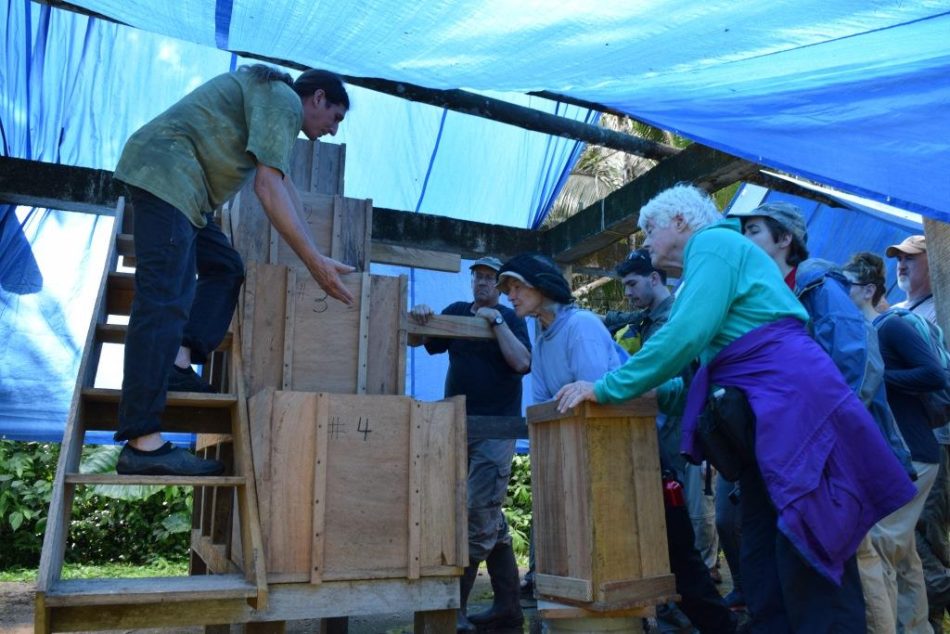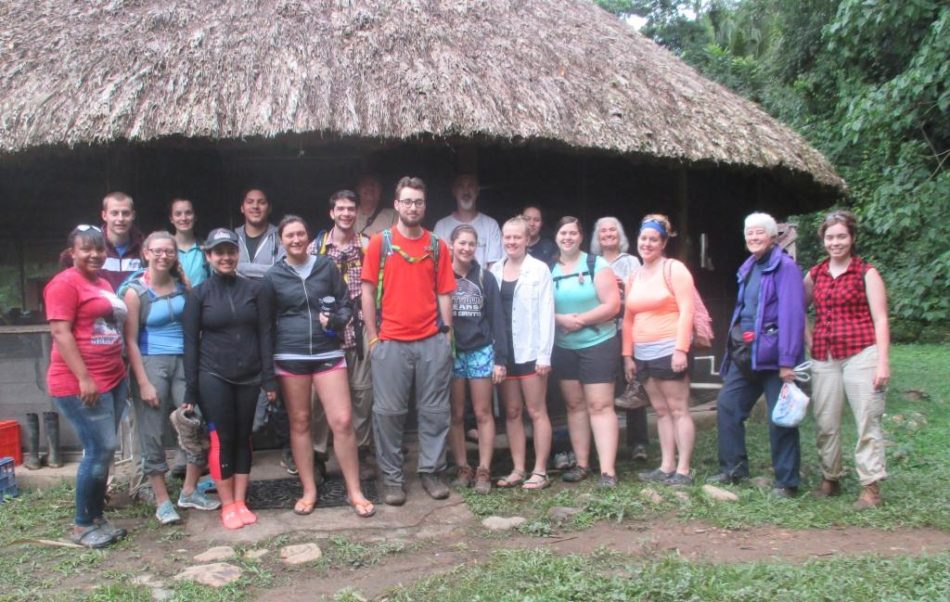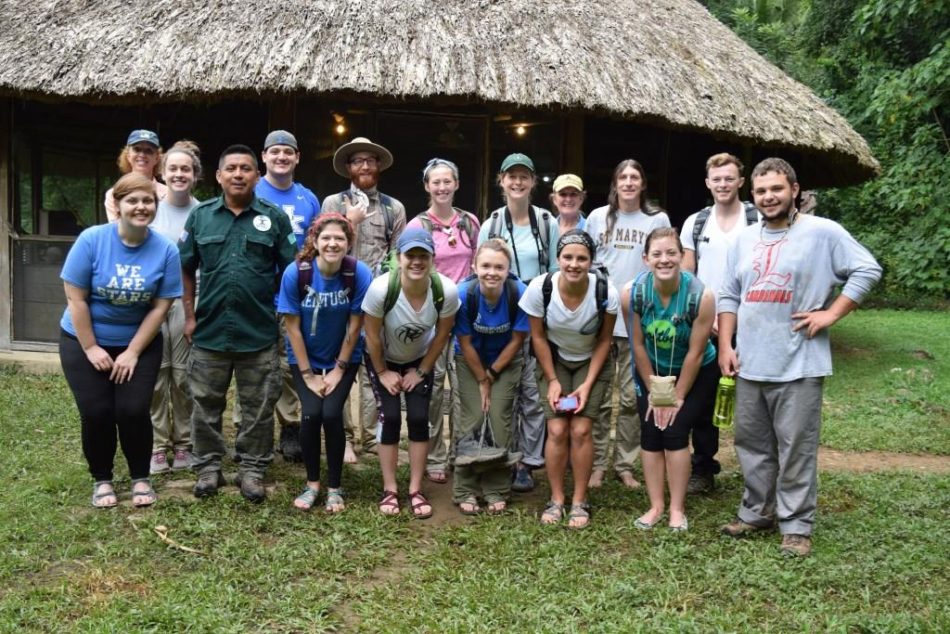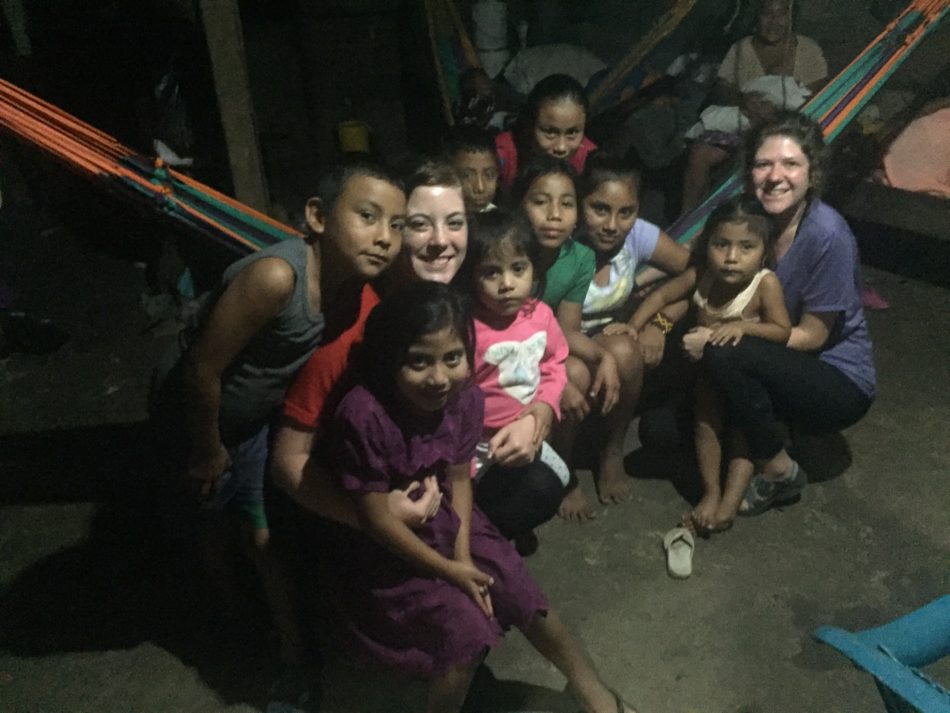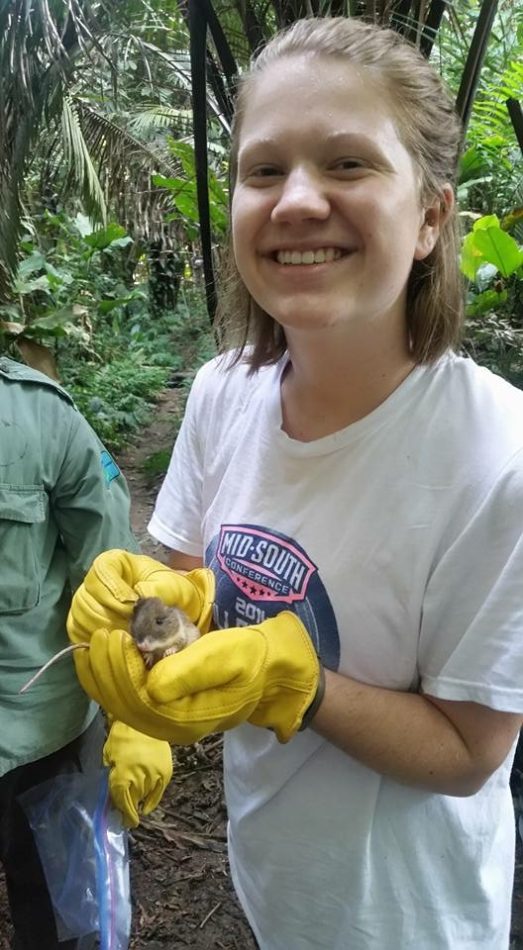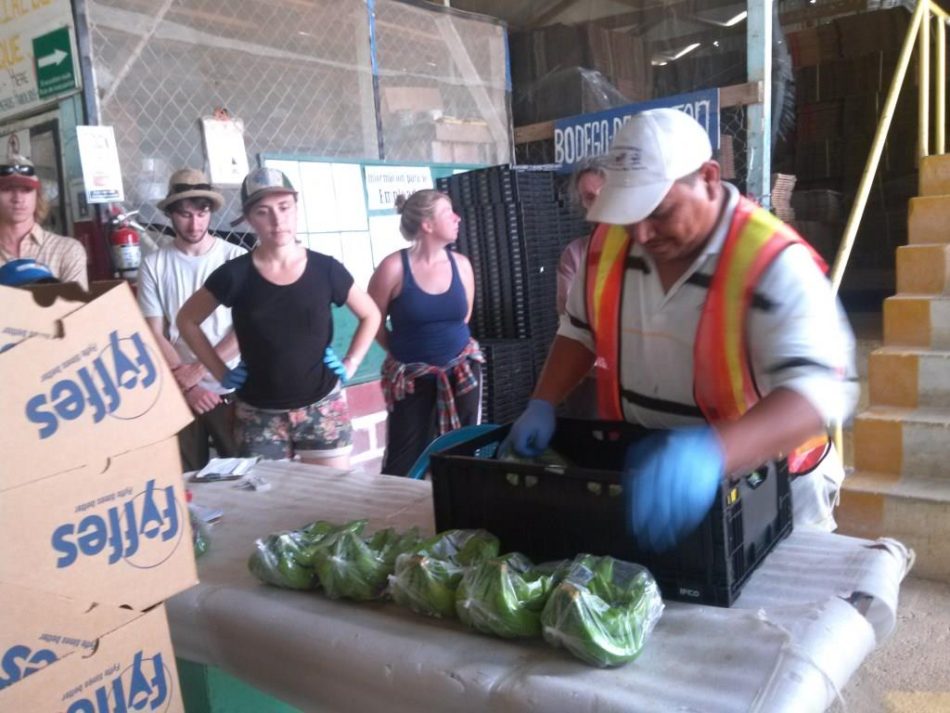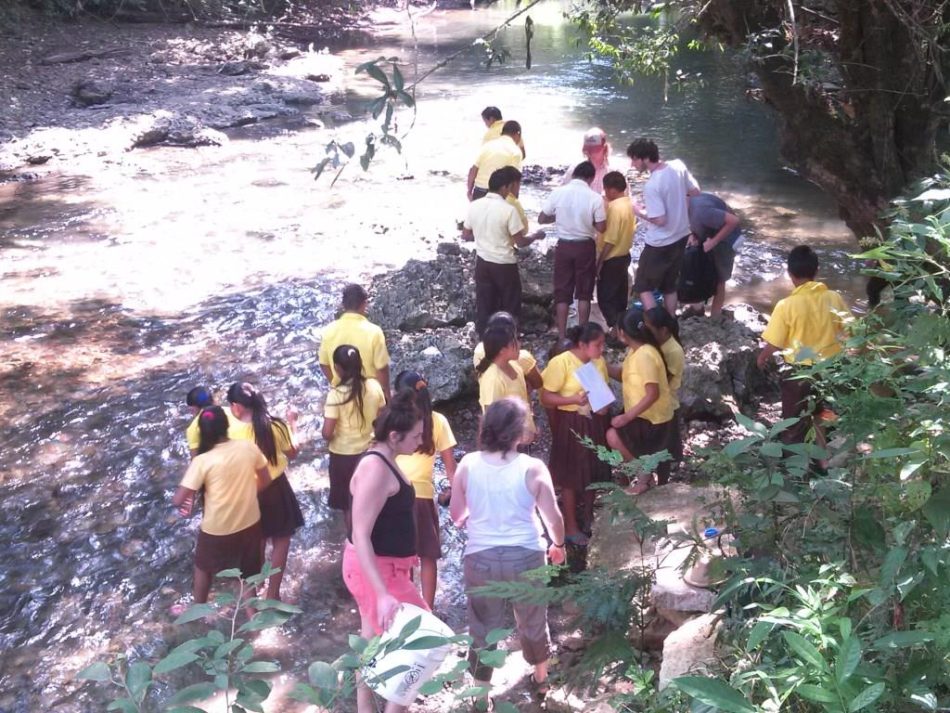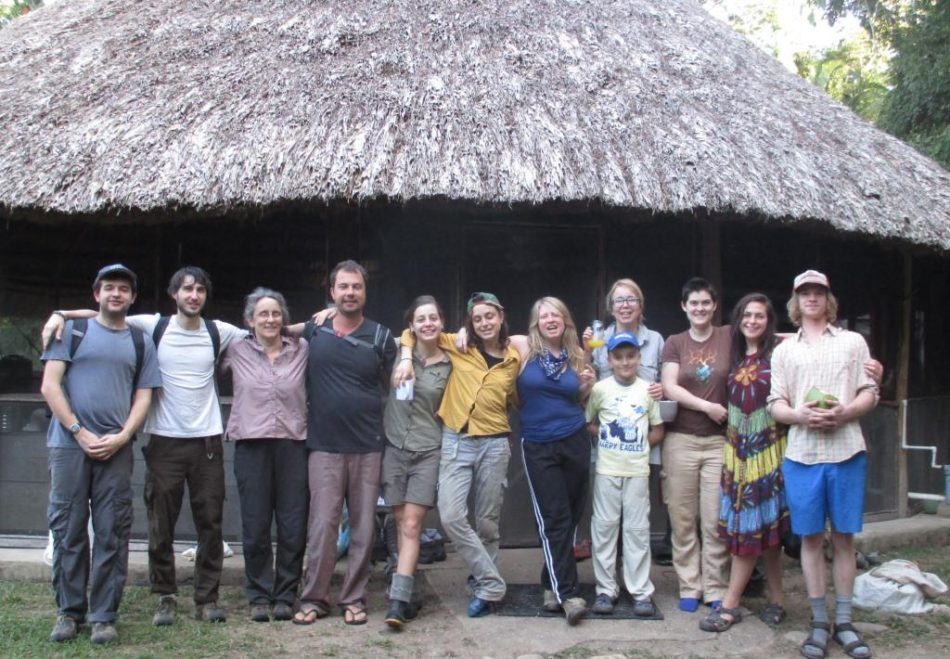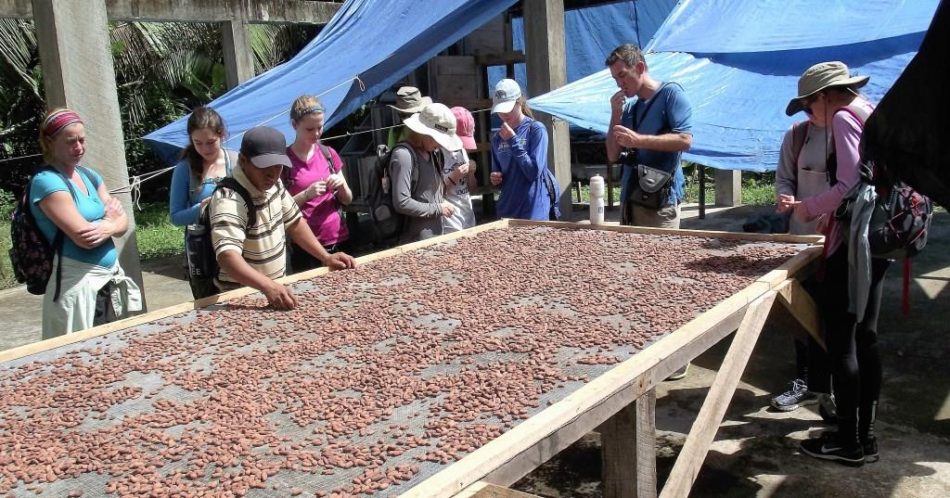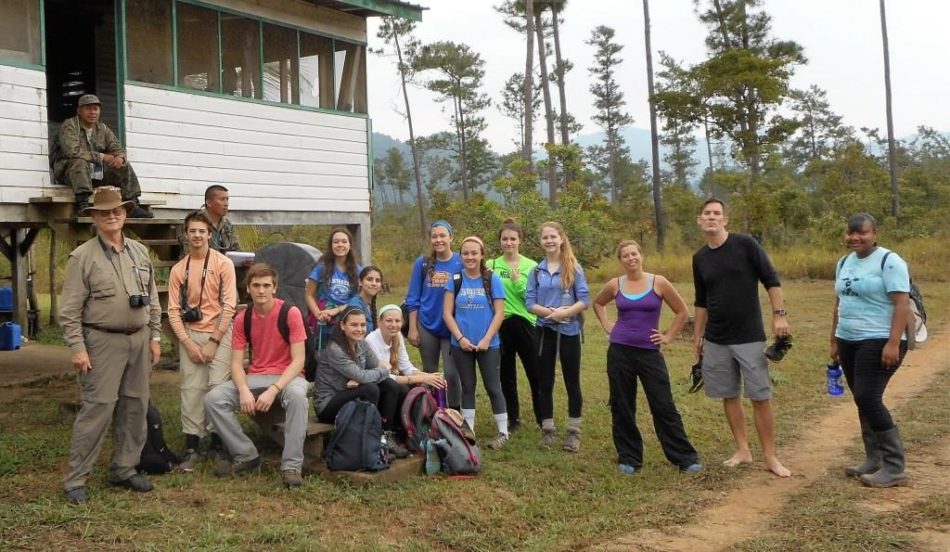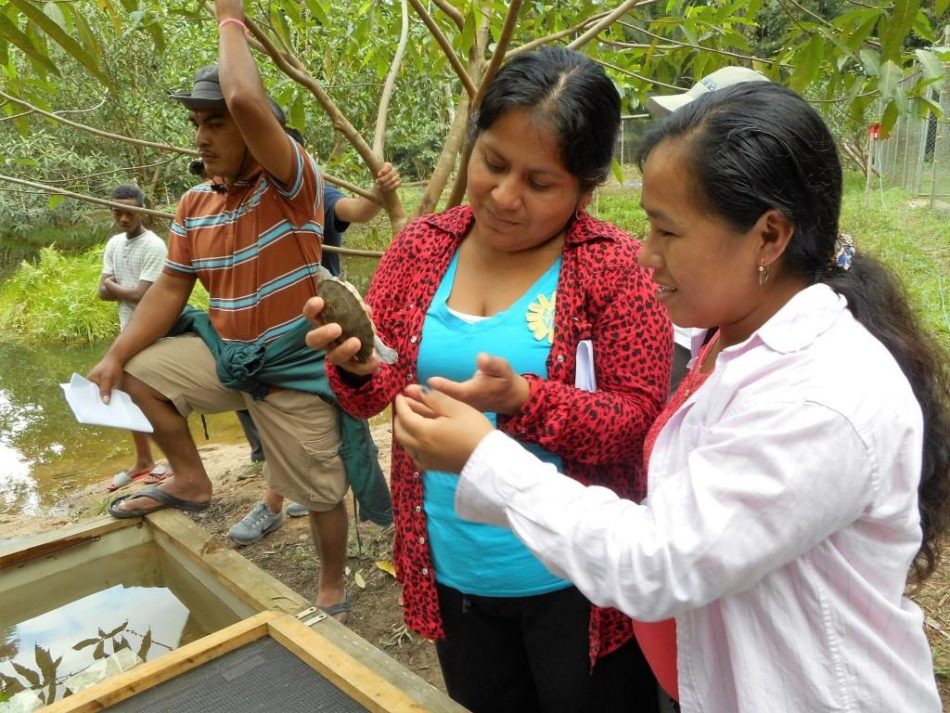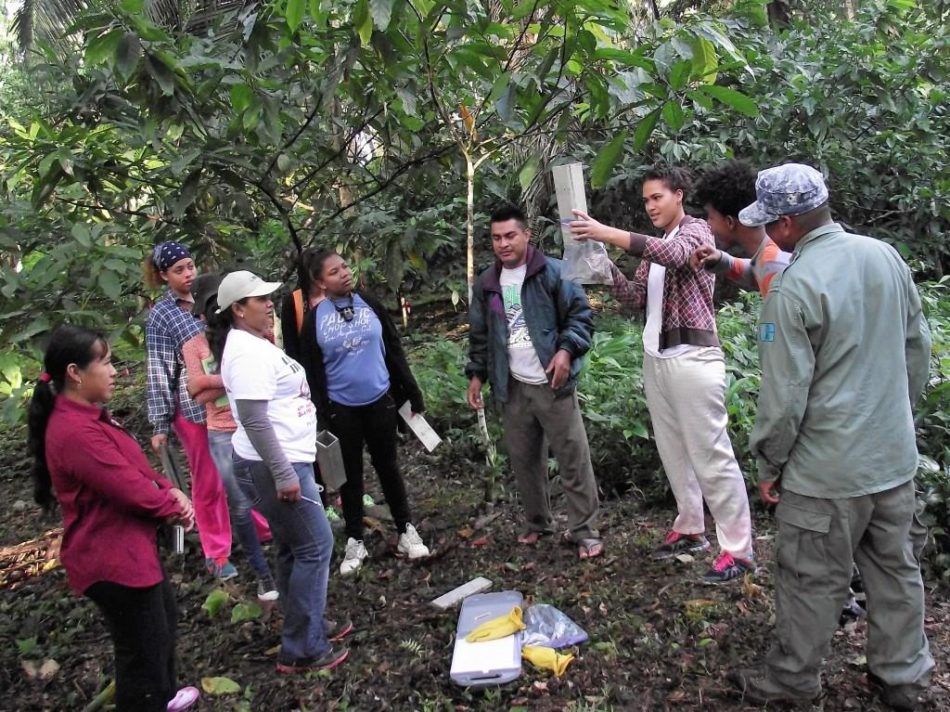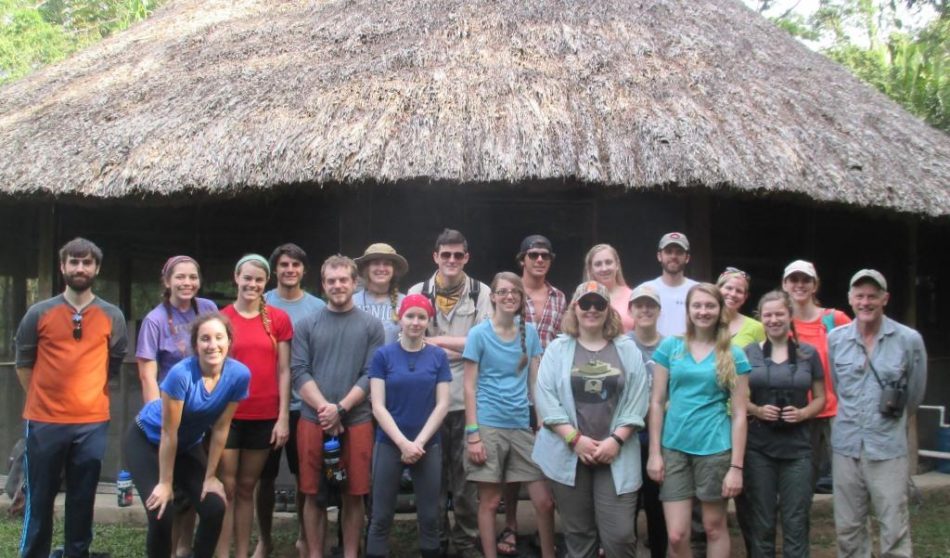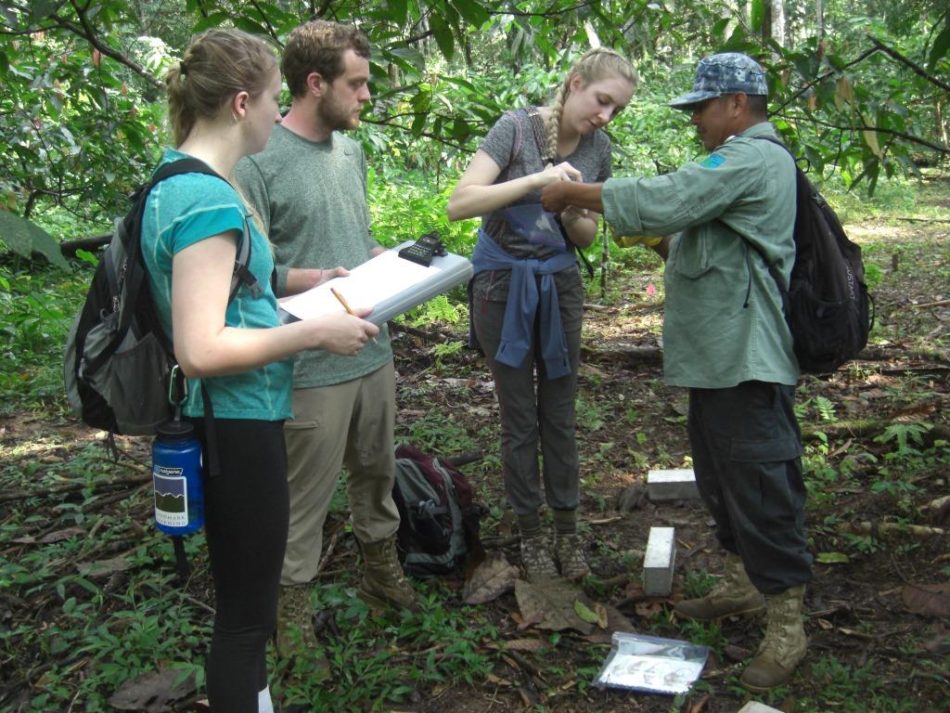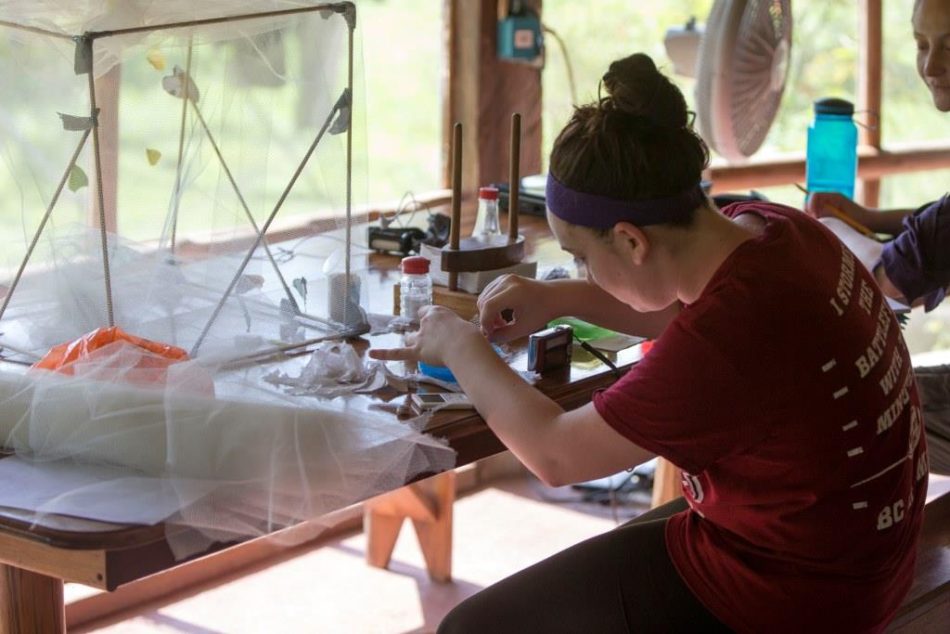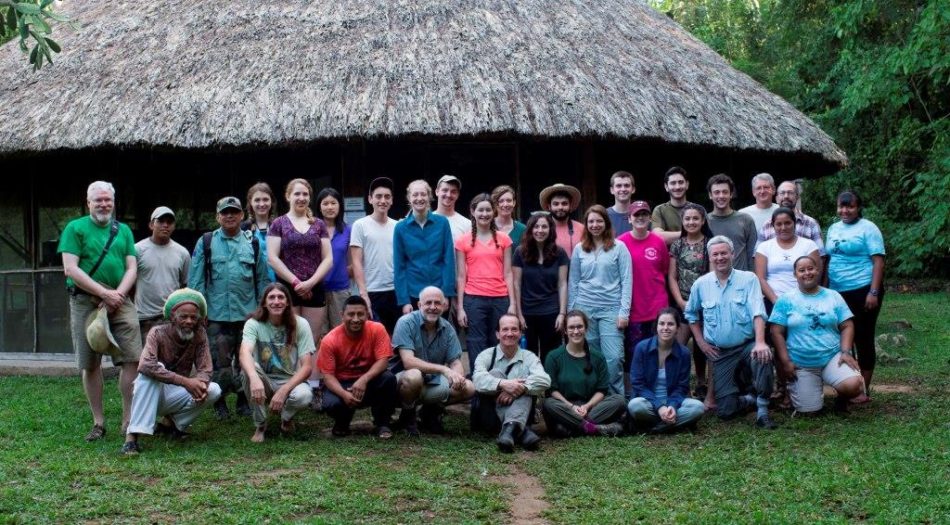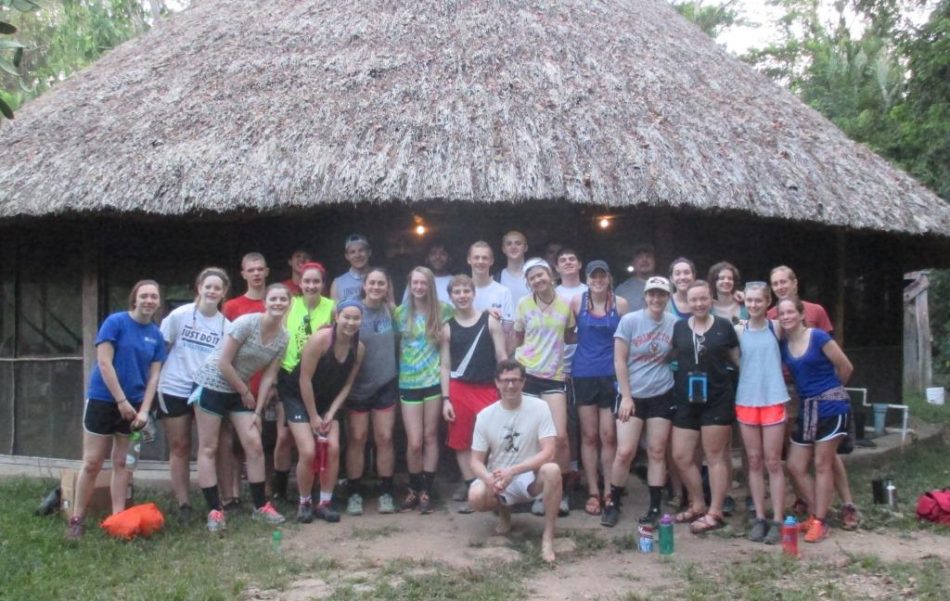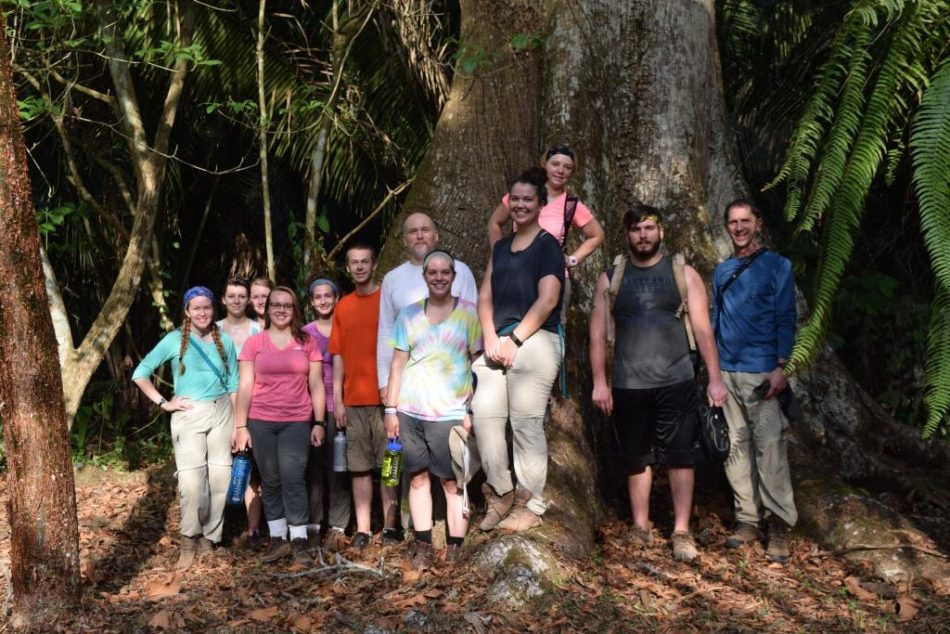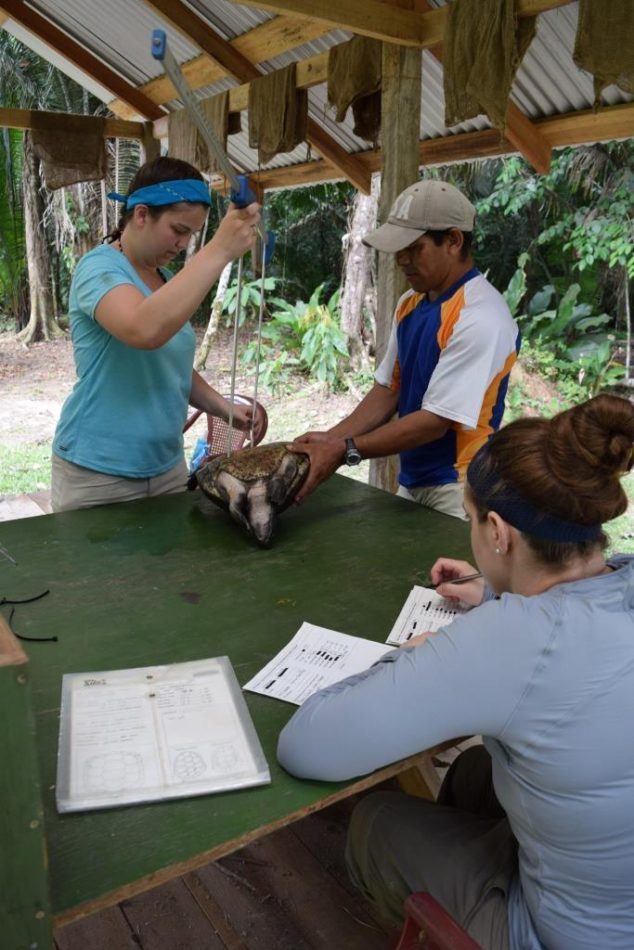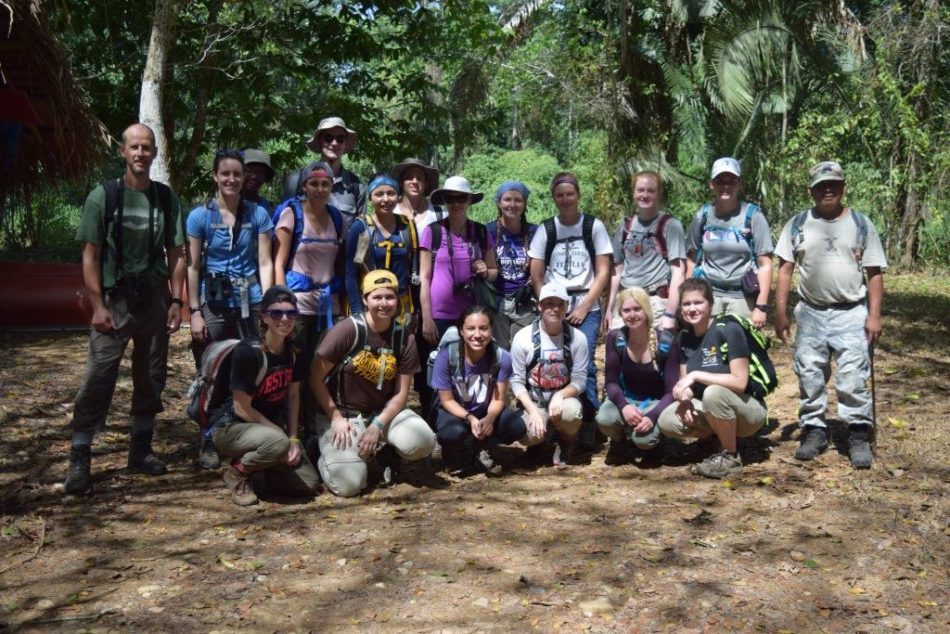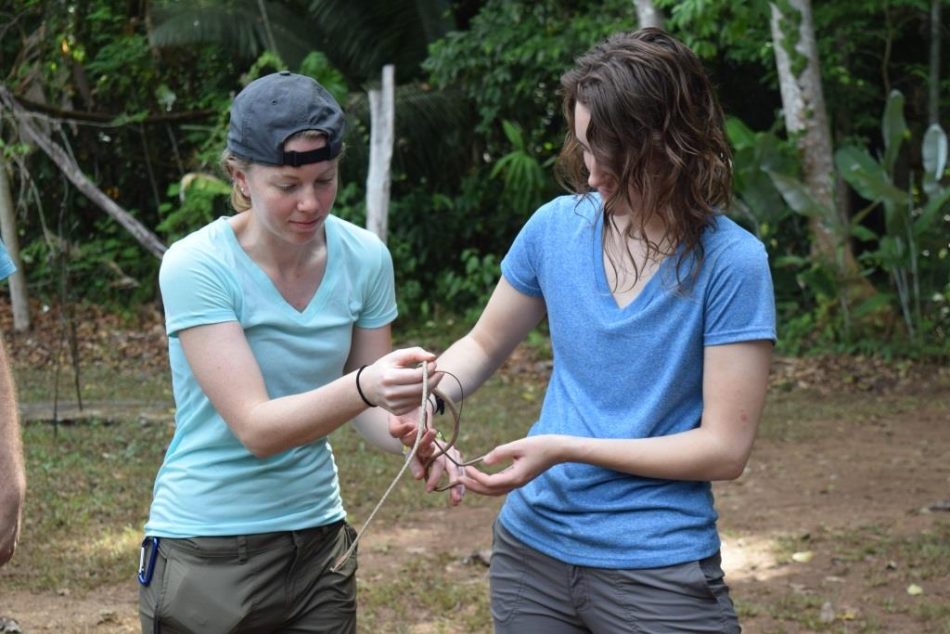BFREE’s documentary film, “Wings of Hope,” was selected as a finalist in Finland’s Wildlife Vaasa – International Nature Film Festival. Created by Emmy-award winning filmmakers, Richard and Carol Foster of Wildlife Film Productions, and produced by Carol Foster and Jacob Marlin of BFREE, the film is about the re-discovery of wild Harpy Eagles in Belize. “Wings of Hope,” is being considered for a Special Award in the category of “Best Ethnographic Film (Man & Nature)” and will be judged against 15 other finalists from countries including Ghana, Nepal, Russia, Serbia, Peru, Italy, India, Estonia and the USA.
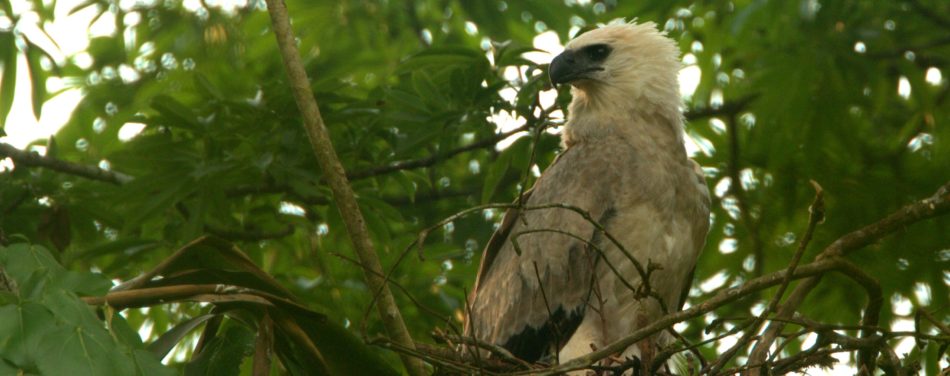
“Wings of Hope,” a documentary film about the re-discovery of wild Harpy Eagles in Belize, will be included in the Wildlife Vaasa Film Festival in Finland later this year. Photograph by Kai Reed.
This year, Vaasa Wildlife Festival received a total of 922 submissions from 83 countries, which was a new record for the festival. From that original submission, 218 films from 54 countries were selected to be shown in the festival and to compete for awards. Submissions come from film companies, TV companies, production companies, independent producers, filmmakers, festivals, TV- broadcasters and journalists, as well as from newcomers and established professionals.
About Wildlife Vaasa International Nature Film Festival
Wildlife Vaasa International Nature film festival is located on the West Coast of Finland, and has been held in the city of Vaasa every second year, since 2002. Since its conception, it has grown in stature receiving commendation from participants, delegates, media and the public world-wide. The upcoming 8th biennial edition of the festival will take place from September 28 to October 2, 2016. The competition aims to raise public awareness , as well as to participate in a global dialogue about Nature and The Environment. Therefore, only Nature and Science documentaries related to Nature and produced after 2013 were accepted in the competition. The festival’s special themes in 2016 are ENERGY & GLOBAL WARMING. Wildlife Vaasa Festival is the only film festival of its kind in Scandinavia.
About “Wings of Hope”
In 2015, BFREE released, “Wings of Hope,” a film chronicling the re-discovery of a population of wild Harpy Eagles in the Maya Mountains of southern Belize. The film details the history of the BFREE and UNC Wilmington initiative born from this discovery – the Integrated Community-based Harpy Eagle and Avian Conservation Program. This 20-minute documentary is rich with breathtaking footage of adult and juvenile Harpy Eagles and other wildlife and vistas found in the pristine tropical forests of the Bladen Nature Reserve. Over the seven year duration of the project, the Fosters followed project trainees William Garcia, Liberato Pop, Alejandro Cholum and Thomas Pop as they work to learn about and ultimately save this rare bird and its diminishing habitat.
“The story captures the essence of BFREE’s mission. I think of it as a model for integrating science, education and conservation.” Jacob Marlin, Executive Director of BFREE.
In August and September 2015, the film was shown in schools and community centers throughout the Toledo District of Belize in order to raise awareness of the significance of continuing to protect wilderness areas like the Bladen Nature Reserve and the greater Maya Mountains. Over 1,100 people were reached during those events.
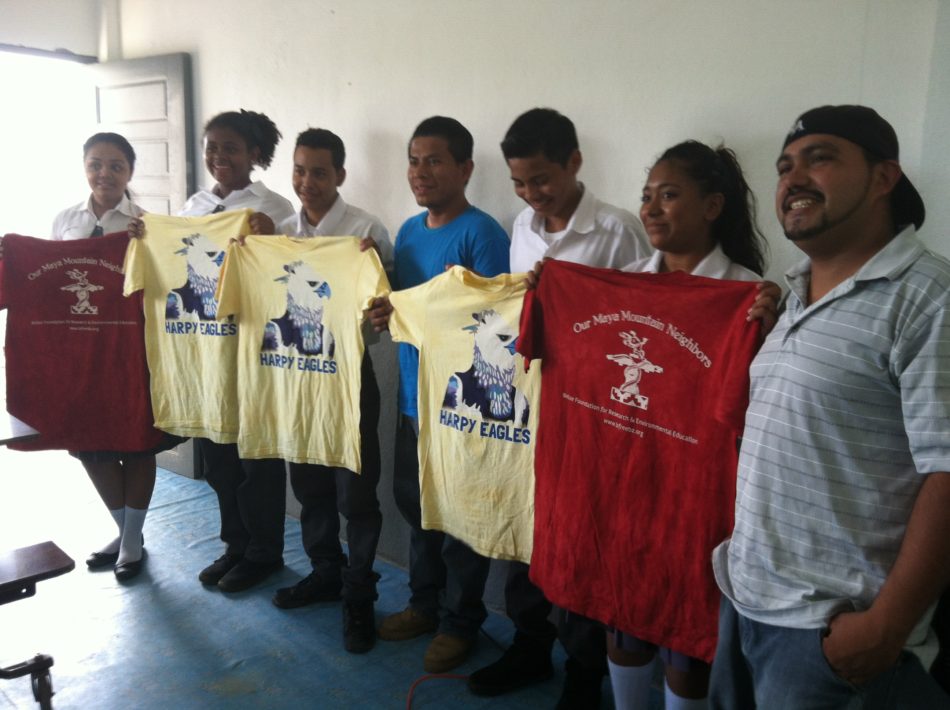
Liberato Pop (center) and William Garcia (right) pose with students at Julian Cho Technical High School after a film showing
Liberato Pop of Bladen Village was one of the project trainees and is featured throughout the film. In recent years, he has worked all over Belize doing bird research using expertise gained from his years of experience as an avian technician for the project. Mr. Pop, along with Mr. William Garcia of Trio Village, represented BFREE and answered questions about their work during film showings in 2015.
Mr. Pop says of the film, “As an Avian Technician at BFREE, I am very excited about the Harpy Eagle film and the work we have done. I think that many students and parents were interested to learn about the value of what we have in our protected areas.”
Project trainees include: Abidas Ash, Alejandro Cholum, Alan Romero, Frank Perez, Henry Perez, Liberato Pop, Macario Coy, Marlyn Cruz, Pedro Pop, Roni Florian, Sipriano Canti, Thomas Pop, William Garcia, and Wilfred Mutrie
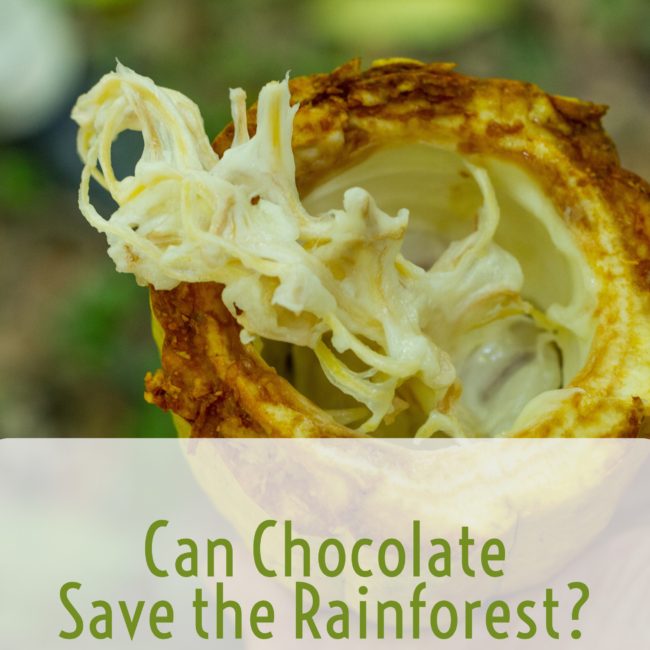 Can chocolate save the rainforest? BFREE has been exploring this question for many years, beginning when our certified organic shade-grown cacao demonstration farm was planted in 2006. Since then we have worked diligently to provide educational opportunities and support for those interested in learning more about the benefits of shade-grown cacao. We have offered workshops and training programs for local farmers which have provided Belizeans with the tools necessary to grow sustainable and successful crops. BFREE along with students of UNC Wilmington have co-produced ‘The Belize Cacao Agroforestry Handbook.‘ This handbook is a resource manual for anyone interested in growing cacao in Belize.
Can chocolate save the rainforest? BFREE has been exploring this question for many years, beginning when our certified organic shade-grown cacao demonstration farm was planted in 2006. Since then we have worked diligently to provide educational opportunities and support for those interested in learning more about the benefits of shade-grown cacao. We have offered workshops and training programs for local farmers which have provided Belizeans with the tools necessary to grow sustainable and successful crops. BFREE along with students of UNC Wilmington have co-produced ‘The Belize Cacao Agroforestry Handbook.‘ This handbook is a resource manual for anyone interested in growing cacao in Belize.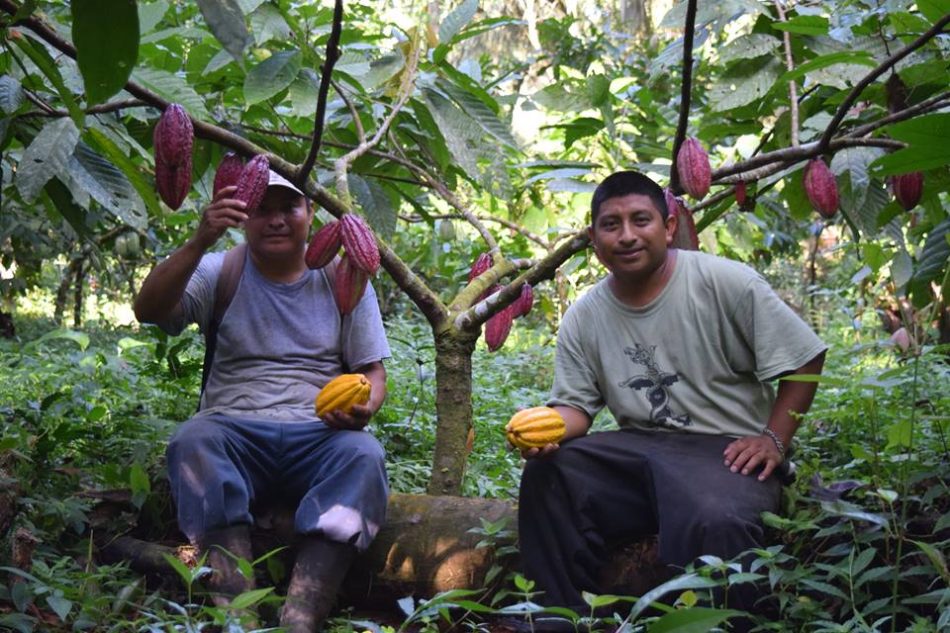

 Preparing to study abroad can be a hectic time, you’re about to jump into a new environment with a different culture and it may be your first time out of the country. Don’t sweat it, BFREE is here to help. With our ten tips for a successful trip you are bound to have an amazing and unforgettable time in Belize.
Preparing to study abroad can be a hectic time, you’re about to jump into a new environment with a different culture and it may be your first time out of the country. Don’t sweat it, BFREE is here to help. With our ten tips for a successful trip you are bound to have an amazing and unforgettable time in Belize.


